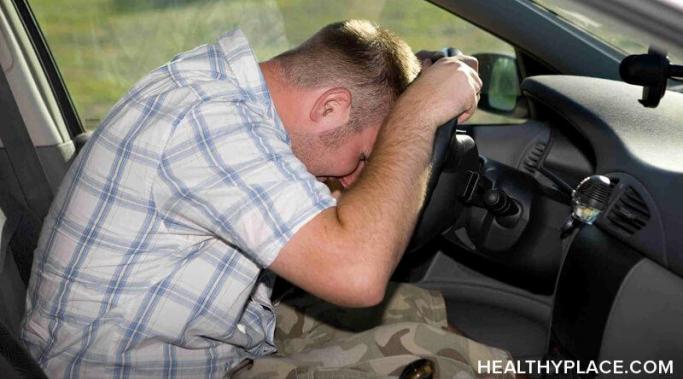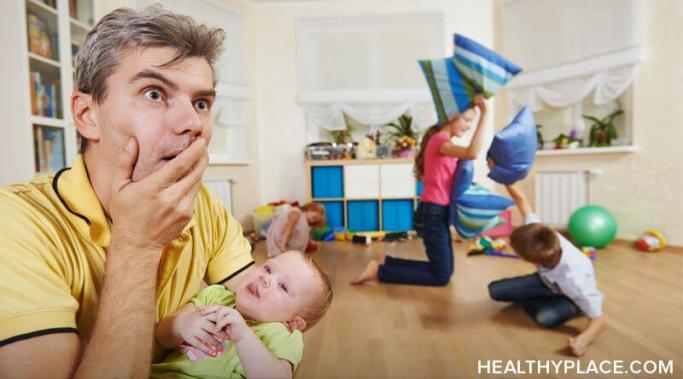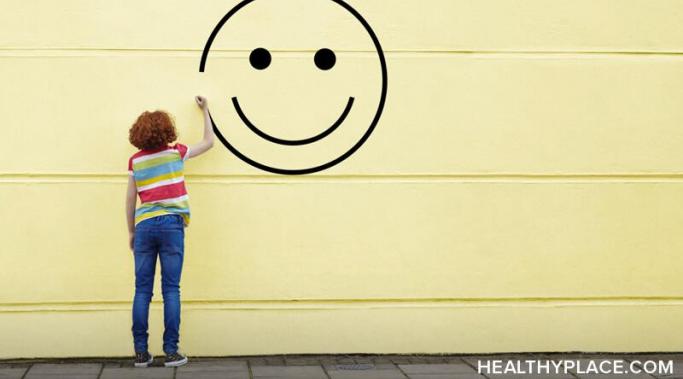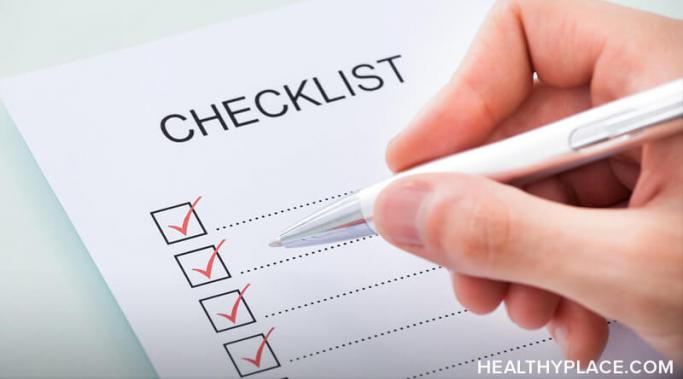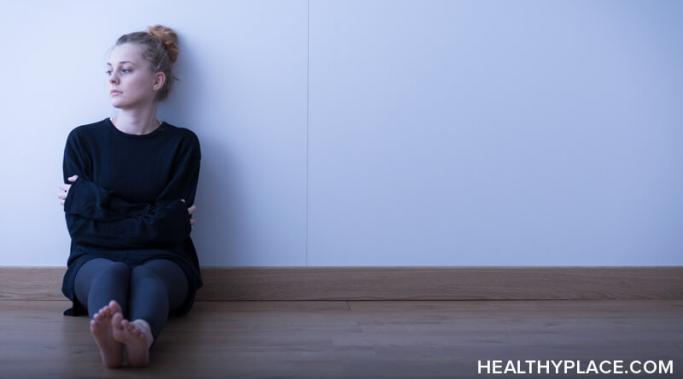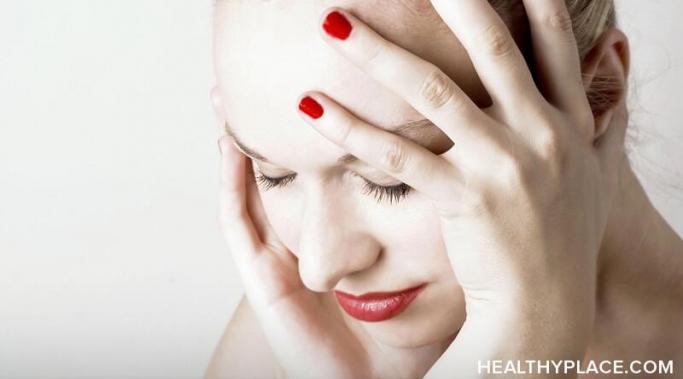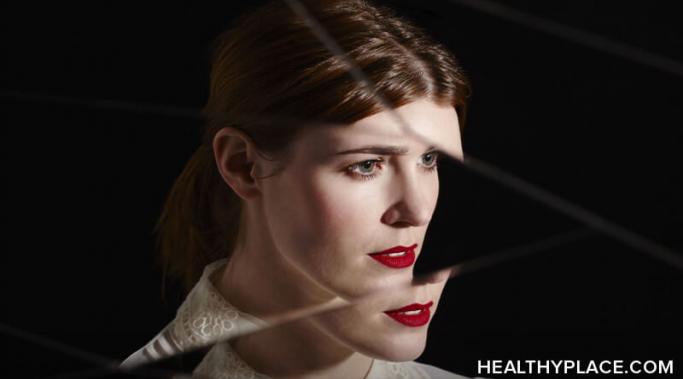In the past few years, I've developed a crippling fear of driving, way beyond driving anxiety. People who know me now find it hard to believe that I used to drive every day in Los Angeles traffic. When I was younger, I was fearless. In my early 20s, I lived in Los Angeles, which now feels like a different planet compared to my present-day home in Toledo. I never had a fear of driving when I was younger and I'm hoping that my motivations to succeed in business will continue to help me overcome this specific phobia.
Recovering from Mental Illness
I've been parenting with a mental illness for a while now. My daughter just turned two years old, and people are asking if we’ll have another baby. There are so many stressful things about pregnancy and parenting when you have a mental illness. We have a lot to think about – even the second time around (Should People with Mental Illness Have Children?).
The traits of successful entrepreneurs are closely linked to what I learned in mental health recovery. You see, my life came to a complete standstill in my early 20s when I was first diagnosed with bulimia and schizoaffective disorder. In the throes of my mental illnesses, my life had come crashing down around me. I wasn’t working. I wasn’t going to school. I wasn’t doing anything. The process of mental health recovery gave me a second chance, and psychiatric medication gave me the ability to function again. And in this second chance, I find many of the traits I developed in mental health recovery also develop entrepreneurs.
There's no doubt that weather affects our mental health as anyone's mood can be affected by the weather. I live in Toledo, and many people complain about our weather. I think the weather is the best part of living here. I’ve always been fascinated with weather and I love living in an area that has four distinct seasons. I thought this article on the effects of weather on mental health would be timely considering April is the start of Ohio’s tornado season.
What does it take to keep working toward your dreams even with a mental illness? I’ve always been a big dreamer, but before I received treatment for schizoaffective disorder, nothing ever came of it. My symptoms hindered me from anything I would call success.
When you share your mental health story, you create something powerful. My mental illness is fuel for my creative work. It’s something to draw and write about. My mental health story has also given me the chance to help others as a peer supporter and volunteer. As mental health consumers, what we experience is very real and raw. On some level, most people are curious and can empathize, so you can share your mental health story and create something powerful.
Getting organized is one of the best coping techniques I use to ease my anxiety. I was diagnosed with schizoaffective disorder in my early 20s, and I also struggle with anxiety. Anxiety can be crippling sometimes – to the point that I don’t want to leave the house and I avoid activities. I certainly don’t have a solution, but I’ve found one simple trick that relaxes me a bit – getting organized eases anxiety.
Mood disorder symptoms and schizophrenia make up the two parts of schizoaffective disorder. The mood disorder can be bipolar disorder or depression. I write a lot about my psychotic symptoms on HealthyPlace, but today I want to discuss my mood disorder symptoms.
Is crying therapeutic for mental illness recovery? Crying can be used as an expressive mechanism to release inner turmoil. It can also be a sign of trauma and holding on to negative emotions. There are a variety of feelings and experiences associated with mental illness, and crying can be therapeutic. But, just like with anything, balance and awareness are two essential features that can help you decide how much crying is therapeutic for you.
Coping with psychotic symptoms is very difficult. It can be terrifying and hard to cope when you lose touch with reality. My auditory and visual hallucinations have been the scariest part of my struggle with schizoaffective disorder. My hallucinations come in the form of ghosts and spirits and have caused me a great deal of anxiety over the years. Here's how I've learned to cope with psychotic symptoms.
